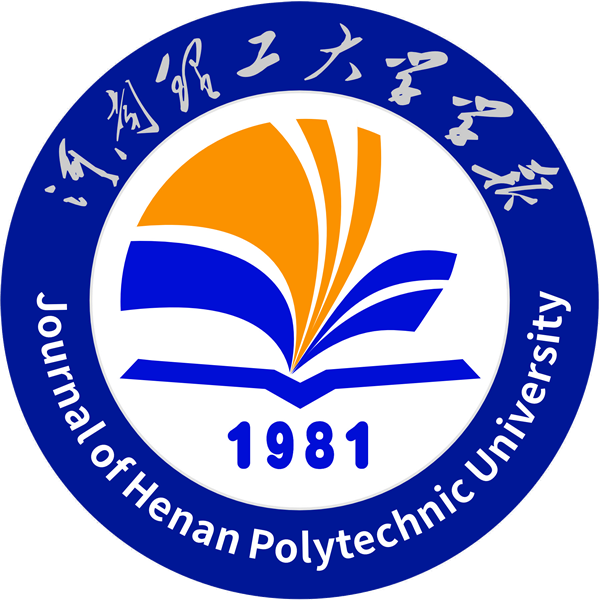| Author: GU Renguo,LIANG Jianxun, FANG Yingguang, DING Kai | Time: 2020-05-10 | Counts: |
doi:10.16186/j.cnki.1673-9787.2020.3.18
Received:2019/06/15
Revised:2019/07/26
Published:2020/05/15
Discussion on the internal mechanism of permeability coefficient ofultrafine particle with the variation of voltage
GU Renguo1,2, LIANG Jianxun1, FANG Yingguang1,2, DING Kai3
1.School of Civil Engineering and Transportation, South China University of Technology, Guangzhou 510641 , Guangdong, China;2.State Key Laboratory of Subtropical Building Science, South China University of Technology, Guangzhou, Guangdong 510641 , Guangdong, China;3.Zhanghai Real Estate Group Co. , Ltd. , Hongkong 999077 , China
Abstract:In order to explore the internal mechanism of the variation of permeability coefficient of ultrafine particle clay under external electric field, the artificial soil sample and natural soil test were firstly tested under the same test conditions using the modified ST55-2 type permeameter when the pore liquid was distilled water. The samples were subjected to a permeation test under an external electric field, and then a penetrating test of the artificial soil sample under different NaCl concentration conditions under an external strong electric field was performed. The results showed that the externally strong electric field had an important influence on the seepage property of the soil. When the pore fluid was distilled water, regardless of the artificial soil or the natural soil, the polarization of the charged layer of the charged clay particles had a great influence on the seepage characteristics. The performance showed a decrease in the permeability coefficient, and in the later stage of voltage increased, the micro-cavity at the cathode of the electrode plate caused by the polarization of the charged clay particles had a great influence on the seepage characteristics, which was characterized by an increase in the permeability coefficient. When the liquid was NaCl solution, the decrease of the seepage flow caused by the polarization of the electric double layer of the clay particles was larger than that of the microgap, and the permeability coefficient did not increase with the increase of the applied electric field. The results of this study could provide a reference for studying the changes in the internal mechanism of electroosmosis consolidation ,and helped to improve the electroosmosis consolidation theory.
Key words:ultrafine particle clay;external strong electric field;permeability coefficient;micro-slit effect
- 附件【极细颗粒黏土渗透系数随电压变化的内在机制探讨_谷任国.pdf】Download 次

